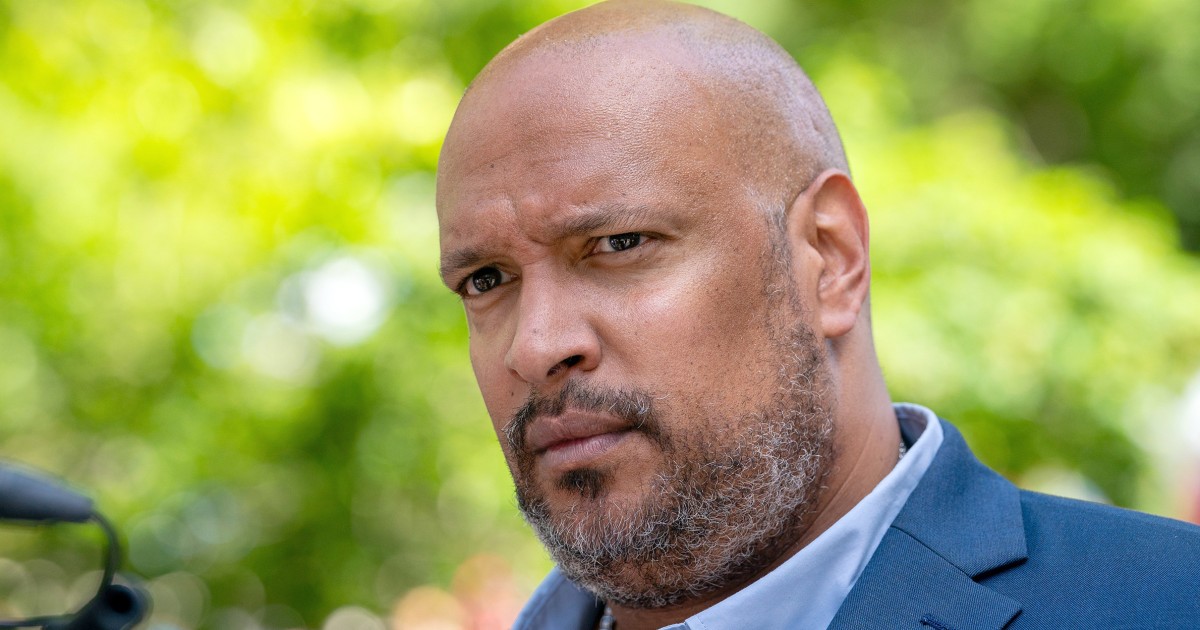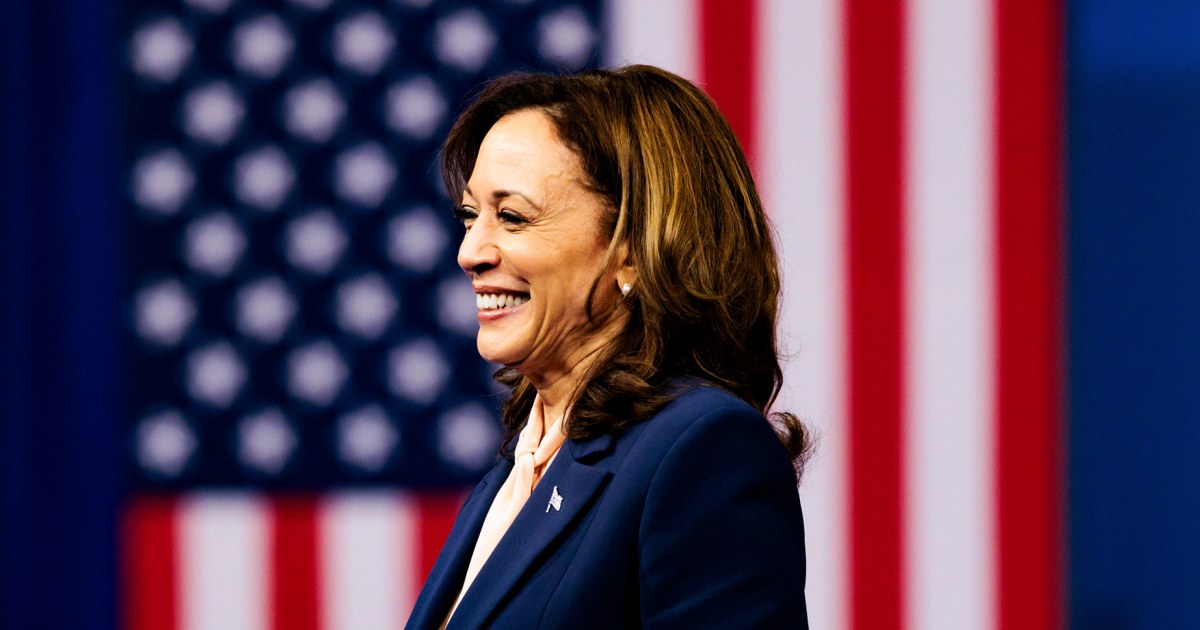Cases can be blown if people ignore circumstantial evidence claiming the lack of direct evidence should be a proof. Example was the Central Park 5. Ton of circumstantial evidence but 20 years after the fact, with no new credible evidence, pro CP5ers stated that lacking DNA evidence shows they were innocent. It didn't as the evidence used to convict never claimed to have DNA evidence. They, lawyers, pols, even judges then gave themselves a taste of $42 million in tax payer funds.
I'm not sure what your point is here.
The Central Park 5 were innocent - or at least, of the rape that they were jailed for, although they had potentially committed other crimes. The DNA evidence was not "lacking", it was tested and found to be
not a match. (It was much later found to match a serial rapist who had confessed.)
The point being that the conviction of the five was always very unsafe, plus potential dodgy police procedure, extracting false confessions and judge who was very forgiving toward the prosecution. It stands as an example of how justice can be defrauded with unsafe evidence, irrespective of whether direct or circumstantial.
No one voted for Kamala. Legal but very problematic. And very bizarre: we voted for him, you didn't vote for her, but Trump is the threat to democracy?
1) What do you mean no-one has voted for Harris? The election hasn't happened yet. Anyone unhappy about her elevation to candidate can exercise their democratic right to object to her candidacy by not voting for her in November. (Broadly, as currently appears, voters prefer her to Biden: this implicitly means she has more democratic mandate than he did!)
2) Harris was Biden's appointed VP. Everyone knows if anything happens to the president, the VP takes over. Thus for a Democratic voter in a primary to vote for Biden (or any citizen in the formal election) is to vote for Harris as his replacement. So, actually, they
did vote for her, conditional on Biden's loss.
3) The primaries are the means by which a political party selects a candidate according to their own rules. It's not set by the Constitution or legal statute that requires democratic process.
4) Given the latency between candidate selection and presidential election, the inevitability must exist of a candidate dying or withdrawing between the two. A party should therefore (relating to point 3) have the ability to replace a candidate outisde normal procedure.
5) Should Biden have been
forced to run? Do you not think it a human right abuse to force an individual to run for an election unwillingly?
6) If a party were forbidden from replacing their candidate should a problem occur, do you think it advantageous to a nation's democracy to then insist a party
cannot run a candidate? This is de facto barring them from the election: that sounds exceptionally undemocratic to me.
Saying "no-one voted for Kamala" is a convenient shorthand to mock the Democrats for colossally screwing up their candidate selection. It doesn't survive the slightest push as a serious argument that the Democratic party have been in some way "undemocratic" for their candidate stepping down and replacing him.







:focal(0x0:3000x2000)/static.texastribune.org/media/files/1502a2a22c68925ab9b63957f6ea40d4/2024%20DNC%20REUTERS%20TT%2001.jpg)